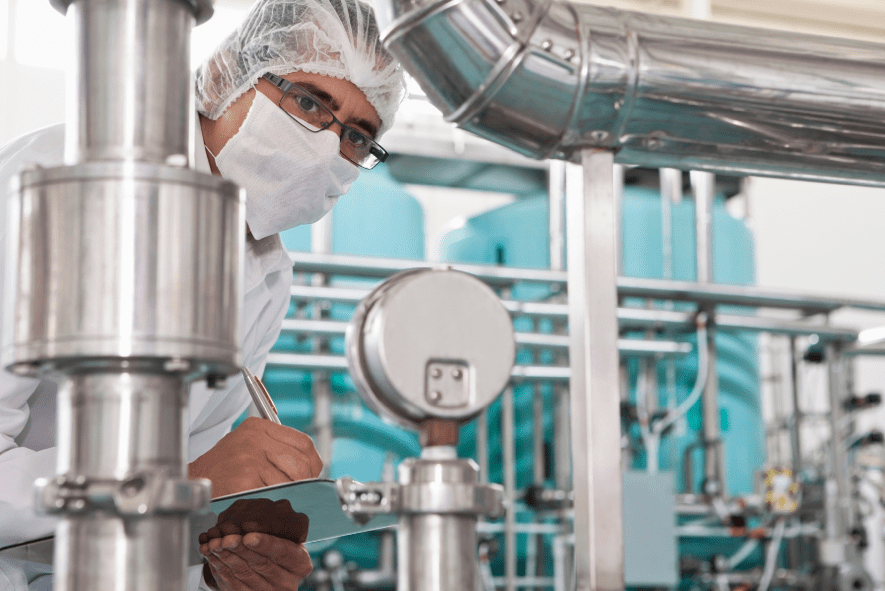In the pharmaceutical industry, approval and commercialization of safe and effective active ingredients are essential to ensure the health of patients. In Europe, one of the main ways to ensure quality and compliance of active ingredients is the CEP (Certificate of Suitability for the European Pharmacopoeia) certification. In this article, we will explore the importance of CEP certification and the crucial role it has in the commercialization process of active pharmaceutical ingredients in Europe.
What is CEP certification
The European Pharmacopoeia Certificate of Eligibility (CEP) is a document issued by the European Directorate for the Quality of Medicines (EDQM). It certifies the compliance of an active substance with the quality and safety specifications established by the European Pharmacopoeia. The European Pharmacopoeia is an official publication that lists the internationally recognized standards for the manufacture and control of medicines.
Guarantee of quality and safety
CEP certification is an official authorization proving that an active ingredient has been evaluated and approved according to strict quality and safety criteria. The CEP certification procedure includes a detailed evaluation of chemical, pharmaceutical and analytical information related to the active ingredient. This procedure ensures that the active ingredient is produced according to high manufacturing standards and meets established purity and quality requirements.
International recognition
CEP certification is widely recognized and observed internationally. It provides tangible evidence that the active ingredient meets European standards and facilitates the commercialization of the product in different countries. Countries outside the European Union may require manufacturers of active ingredients to provide the CEP certificate as a requirement for import and approval for sale.
Simplifying registration procedures
CEP certification simplifies registration procedures for medicines containing the certified active ingredient. Pharmaceutical companies that use a CEP-certified active ingredient can submit simplified supporting data during the registration process. This reduces the administrative burden and costs associated with the registration of pharmaceuticals.
Promoting trust in the pharmaceutical industry
CEP certification promotes public and health professionals’ confidence in the pharmaceutical industry. Compliance with rigorous standards and approval by independent regulatory bodies enhance the safety and reliability of medicines. Patients can be sure that the active ingredients used in the drugs are subjected to strict quality and safety controls.
CEP certification is a pivotal element in the commercialization of active pharmaceutical ingredients in Europe. It ensures quality, safety and compliance with the strict standards of the European Pharmacopoeia. International recognition of CEP certification simplifies registration procedures and promotes public confidence in the pharmaceutical industry. Ultimately, CEP certification helps protect the health of patients and promote the quality of medicines available on the European market.
Flarer holds CEP certification for the marketing of Procaine hydrochloride
Thanks to a structured market analysis and the development of a high-quality technical dossier, Flarer obtained CEP certification for the production and marketing of Procaine Hydrochloride (Procaine HCl) in just 36 months. It is the only pharmaceutical company in Europe and the world to hold this certification for this Molecule.
In line with major global players, Flarer is able to certify the quality of Procaine Hydrochloride and to guarantee its supply in both the European and, potentially, the global markets.
